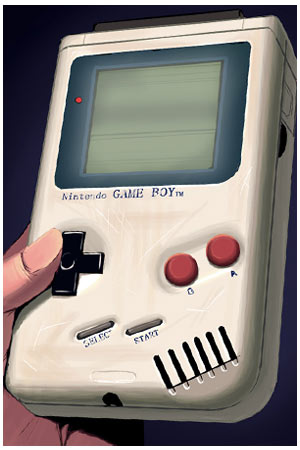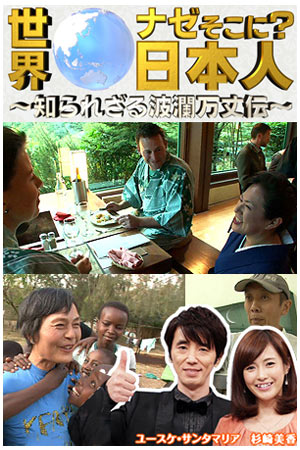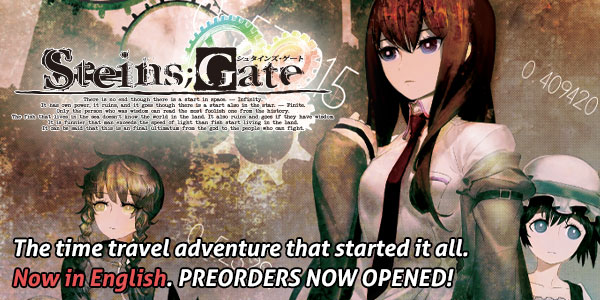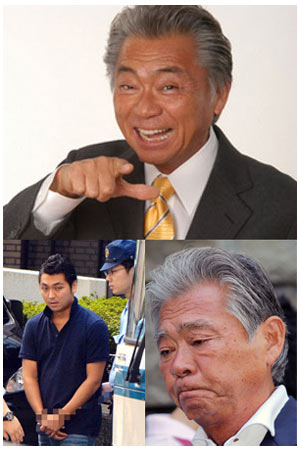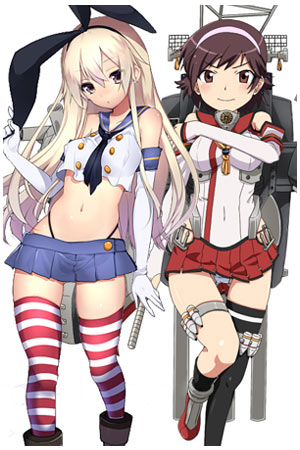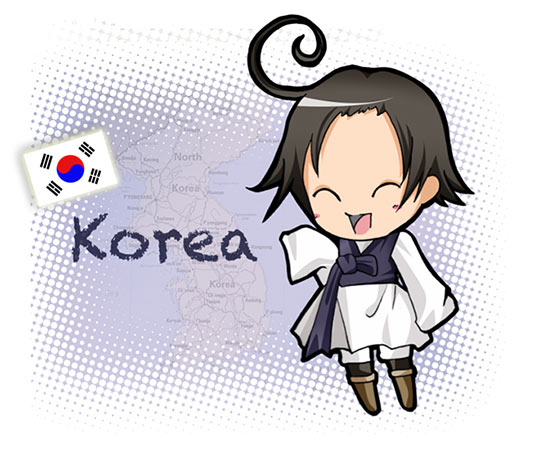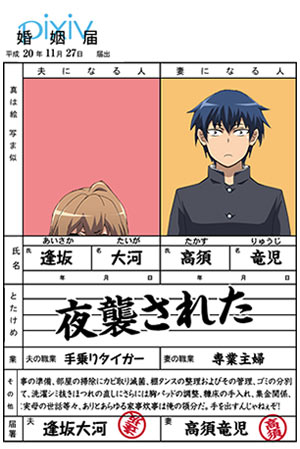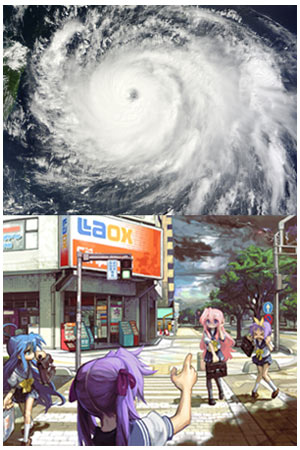One of the more unique aspects of Japan is its homogeneous society in which 98% of the people consider themselves to be of the same genetic stock, despite the reality that even "pure" Japanese carry varying amounts of Mongolian, Korean, Ainu and other blood in their veins. This "myth of Japanese uniformity" may seem strange, but in reality it's a social tool that the Japanese have used to create a happy society ostensibly free of discrimination, since almost everyone is "included" in the overall social group as an equal. (This is the theory, anyway.) No matter how far this happy social umbrella may be stretched, though, there are certain groups within Japan that it just can't cover, such as zainichi ("residing in Japan") Koreans and Chinese, born and raised in Japan yet not willing to take Japanese citizenship for cultural reasons; Okinawans, who have a unique culture separate from Japan; the Ainu, the original residents of northern Japan; gaijin like me, living and doing various jobs here; and, potentially, haafu, those who are half Japanese and half some other ethnicity and whose acculturation to Japan may vary depending on their situation. Another group that sticks out just a little are 帰国子女 kikoku shijo, "return-country children" who have lived abroad for some years then returned to Japan. A good example of this concept is Makuse Kurisu from the hardcore SF time-travel game Steins;Gate, a genius girl who lived for seven years in the U.S., and whose mannerisms give away how un-Japanese she's become. She prefers to eat her noodles with a fork instead of chopsticks, and her time in the U.S. has somehow managed to turn her eyes blue.

I'd love to hear how living in the U.S. for seven years can turn your eyes blue.

